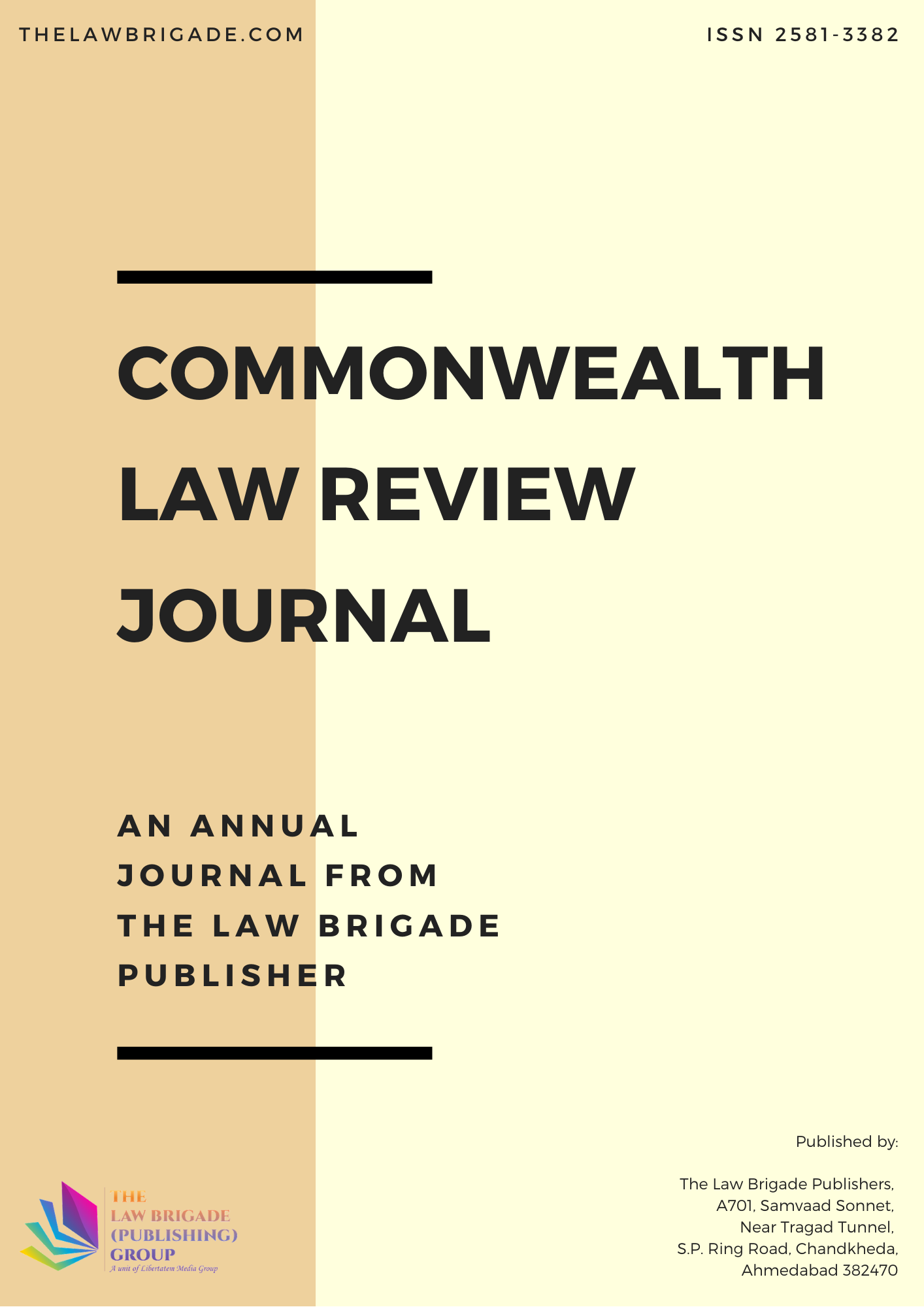Contemporarily, the right of access to electricity has become very topical with many scholars having diverse views as to the nature and scope of the right. Due to the effects of climate change, the source of electricity generation is currently of prime importance. Clean electricity has topped the pyramid in terms of importance as opposed to fossil fuels. This is further explained looking at the central role clean electricity plays in our collective efforts of attaining the sustainable development goals, especially Goal 7 which makes access to clean and affordable energy one of our collective priorities. However, scholars have often disagreed on the appropriate legal regime to qualify the right of access to clean electricity. Starting with the right to clean electricity as a contractual right, it is argued that a contractual right is a right that is dependent on a specific relationship between human beings. The most important examples are rights you have as part of a community, especially as a citizen. However, this right lack universality since it is owed only to members of a specific community depending on their level of development. Therefore, foreigners who are not members of that society will not be able to benefit from the right. From a human rights perspective, access to clean electricity is viewed as one of the basic rights that are given to every human being for the sole reason of belonging to the homo sapiens family. However, there are some difficulties in contextualizing this right as a human right. The first problem stems on the fact that, if the right to clean electricity is made a human right, states will be forced to do everything possible to make electricity available to their citizens and where they are unable to use clean sources, they may rely on environmentally unfriendly sources like fossil fuels. In conclusion, it was realized that, access to clean electricity perfectly fits as a derived right. This means it is a right dependent on other rights for its survival. For example, it is dependent on the right to a Healthy Environment and the right to Development. Therefore, in my opinion, the right of access to clean electricity is best qualified as a derived right.
The Appropriate Legal Qualification for the Right to Clean Electricity within the Context of Climate Change
Publication Information
Journal Title: Commonwealth Law Review Journal
Author(s): Nkendor Bisong Maurilio
Published On: 13/01/2023
Volume: 9
First Page: 1
Last Page: 16
ISSN: 2581-3382
Publisher: The Law Brigade Publisher
DOI: doi.org/10.55662/CLRJ.2023.901
Cite this Article
Nkendor Bisong Maurilio, The Appropriate Legal Qualification for the Right to Clean Electricity within the Context of Climate Change, Volume 9, Commonwealth Law Review Journal, 1-16, Published on 13/01/2023, doi.org/10.55662/CLRJ.2023.901 Available at https://clrj.thelawbrigade.com/article/the-appropriate-legal-qualification-for-the-right-to-clean-electricity-within-the-context-of-climate-change/
Abstract
Keywords: Clean Electricity, Climate Change, Right, Legal Qualification, Clean Energy.
Share this research
Latest Publications
April 10, 2025





